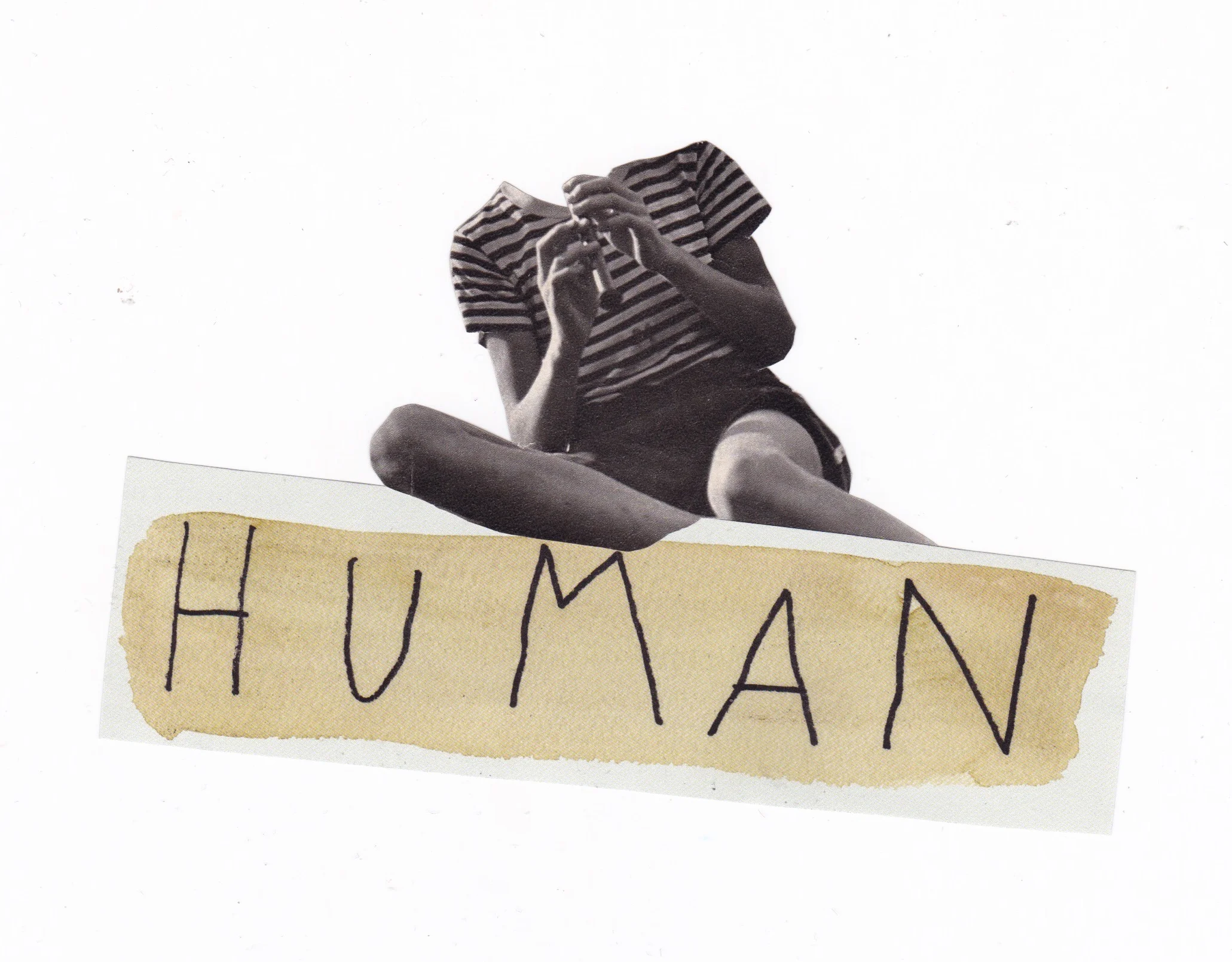The Safe Space Project
THE SAFE SPACE ART THERAPY PROJECT — an art therapy initiative that provided online mental health services to women in Latvia. This project was developed in collaboration with MARTA Centre, the first women’s rights organization in Latvia, with support from the U.S Embassy of Riga small grants program.
The Safe Space Art Therapy Project launched in February 2021. The concept was to create a “safe space” for women to practice self-care, build adaptive skills to cope with difficult situations, and find community through the process of therapeutic art-making.
These art therapy groups culminated in closing workshops to exhibit what a safe space means to them. All art therapy groups and workshops were conducted in Latvian and English.
Displayed here is the art created from the closing workshops with consent from the participants.
Project backstory:
In September 2020, Julia was notified that grant funding from the U.S Embassy of Riga was approved in order for her to execute this art therapy initiative. The project idea came to mind when she learned there was an increase of violence against women (not only in Latvia, but worldwide) since the start of COVID-19. In Latvia, violence against women doubled a week after the lockdown was announced, resulting in the first case of domestic homicide. Self-isolation has left women in vulnerable situations alone with their abuser and/or placed strain on family systems.
Due to this rise in gender-based violence, MARTA Centre, the first women’s rights organization in Latvia, had an increase in calls for their mental health services, although lacked resources to reach every client. Julia had previously worked with MARTA Centre during her time as a Fulbright Researcher from 2019-20, so developing a mental health initiative to serve their clients was a natural fit.
Since restrictions were still in when the project was set to begin, a contingency plan was developed to make the project virtual. The transition to an online platform proved beneficial as it allowed us to reach more women, also from rural parts of Latvia that would not have had the opportunity to participate otherwise.
THE SAFE SPACE ART THERAPY PROJECT: CLOSING WORKSHOP ART
Safety Nest /
Drošības Ligzda
EN: "A nest from freshly cut grass, where no-one intrudes with their rules. A place where you entirely trust yourself and your inner self. A place where you don’t allow to be hurt. Invisible, white wings by swan helps to get rid of any worries and creates a cloud of positive energy over myself and around myself. When you look into the sky, you can feel the power of cosmos. It’s where you connect with your intuition and feel safe."
LV: "Ligzda no svaigi pļautas zāles, kur neviens neiejaucas ar saviem noteikumiem, kur Tu pilnībā uzticies Sev un Savam iekšējam ES. Kur tu neļauj Sev nodarīt pāri. Tur neredzami balta gulbja spārni kliedē visas raizes un rada pozitīvas enerģijas mākoni virs galvas un tev apkārt. Pietiek palūkoties debesīs un sajust kosmosa spēku. Saslēgties ar savu intuīciju un justies droši"
Home / Mājas
EN: “For me, a safe space is very connected with my feeling of home and belonging to my homeland, my corner of earth. It is place where my relatives are, my partner and kids, and little dog. I can hug them any time. They give me kisses goodnight and I feel respected, loved and safe. I can speak whatever comes into my mind, be true and honest. And sing, or be silent for how long it is needed.”
LV: “Man droša telpa saistās ar māju sajūtu un piederību manai zemei, manu kaktiņu uz zemes. Tā ir vieta, kur ir mani radinieki, mans partneris, bērni, mūsu mazais suns. Es varu viņus jebkuru brīdi samīļot. Viņi mani sabučo uz nakti, un es tādējādi jūtos respektēta, mīlēta un drošībā. Es varu paust jebko, kas man ir prātā, būt patiesa un atklāta, arī dziedāt vai būt klusumā, cik vien ilgi tas ir nepieciešams.”
Grounding Song /
Sazemēšanās Dziesma
EN: "Safe space for me can be anywhere where I connect to my inner strength and receive energy from the depth of earth - bravely stepping a bare foot, not being afraid of an injury. No judgment, blame or betrayal is there. You are surrounded by harmony and you want to sing … sing with all your soul ♩ ♪ ♫ Even the smallest creature can feel safe. Like a butterfly, who by twisting his little wings, encourages to make big steps in the world."
LV: "Droša telpa man var būt jebkur, kur varu pieslēgties savam iekšējam spēkam un smelties enerģiju no zemes dzīlēm, droši sperot pat basu kāju, nebaidoties no savainojuma. Nav nosodījumu, pārmetumu vai nodevības. Kad apkārt valda harmonija un neviļus gribas dziedāt... Dziedāt no sirds - ar visu dvēseli... ♩ ♪ ♫ Tur droši var justies pat vissmalkākā radība. Arī taurenis, savicinot savus trauslos spārnus, iedrošina uz lieliem soļiem plašajā pasaulē."
Freedom and Authenticity / Brīvība un autentiskums
EN: “A place where I am welcomed, accepted as I am and can be myself unconditionally.”
LV: “Vieta, kur mani sagaida, akceptē, kāds/a/i esmu/am un, kur es varu būt pats/i/ši bez nosacījumiem.”
Harmony / Harmonija
EN: “Spiritual, psychological, emotional, physical balance.”
LV: “Garīgs, psiholoģisks, emocionāls, fizisks līdzsvars.”
Connection with self / Saikne ar sevi
EN: “I feel the earth under my feet. I breath the air. I see myself. I feel myself and everything is possible. Everything feeds me and I feed everything. My heart is my compass. Everything starts from here and now. No matter what happens. My heart guides me.”
LV: “Es sataustu zemi zem kājām. Es elpoju gaisu, saredzu sevi. Es jūtu sevi un viss man pa spēkam. Viss mani baro un baroju es. Mana sirds mans kompass. Viss sākas no šejienes. Lai vai kādi vēji pūš. Ar sirdi es zināšu kurp iet.”
My Inner Safe Space / Mana Iekšējā, Drošā Telpa
EN: “The place where I can feel connected. With my self, with the ones I love, with Nature. The place where I can breathe, feel light inside of me, quiet my mind and feel my body alive. In this place I can dance with my soul and with the Universe.”
LV: “Tā ir telpa, kur es varu būt saiknē ar sevi, saviem mīļajiem un dabu. Telpa, kur es varu elpot, sajust gaismu sevī, klusināt savu prātu un just ķermeni kā dzīvu. Šajā telpā es varu dejot ar savu dvēseli un ar universu.”
Away / Prom
EN: “Safe space is your own space, regardless it’s physical, spiritual or something else. It’s a space where you can be yourself after unpleasant events that have affected your personality as a whole. It’s a space to recharge so that you can move on.”
LV: “Droša telpa ir sava telpa, vienalga, fiziskā, garīgā vai citā formā, kurā atgūt sevi pēc nepatīkamiem notikumiem, kas salauzuši vai ievainojuši personības veselumu, lai ar paceltu galvu varētu doties tālāk.”
Šķirtne / Division
EN: “I am too split up to find or to understand a safe space for me. I can’t find a place where to stop at.”
LV: “Esmu pārāk sašķelta, lai atrastu, saprastu, kas man ir droša telpa, nekur nespēju apstāties.”
My Angel / Mans Enģelis /
EN: “It’s a safe and harmonious place, where I feel truthfully happy.”
LV: “Tā ir droša un harmoniska vide, kurā jūtos patiesi laimīga.”
















